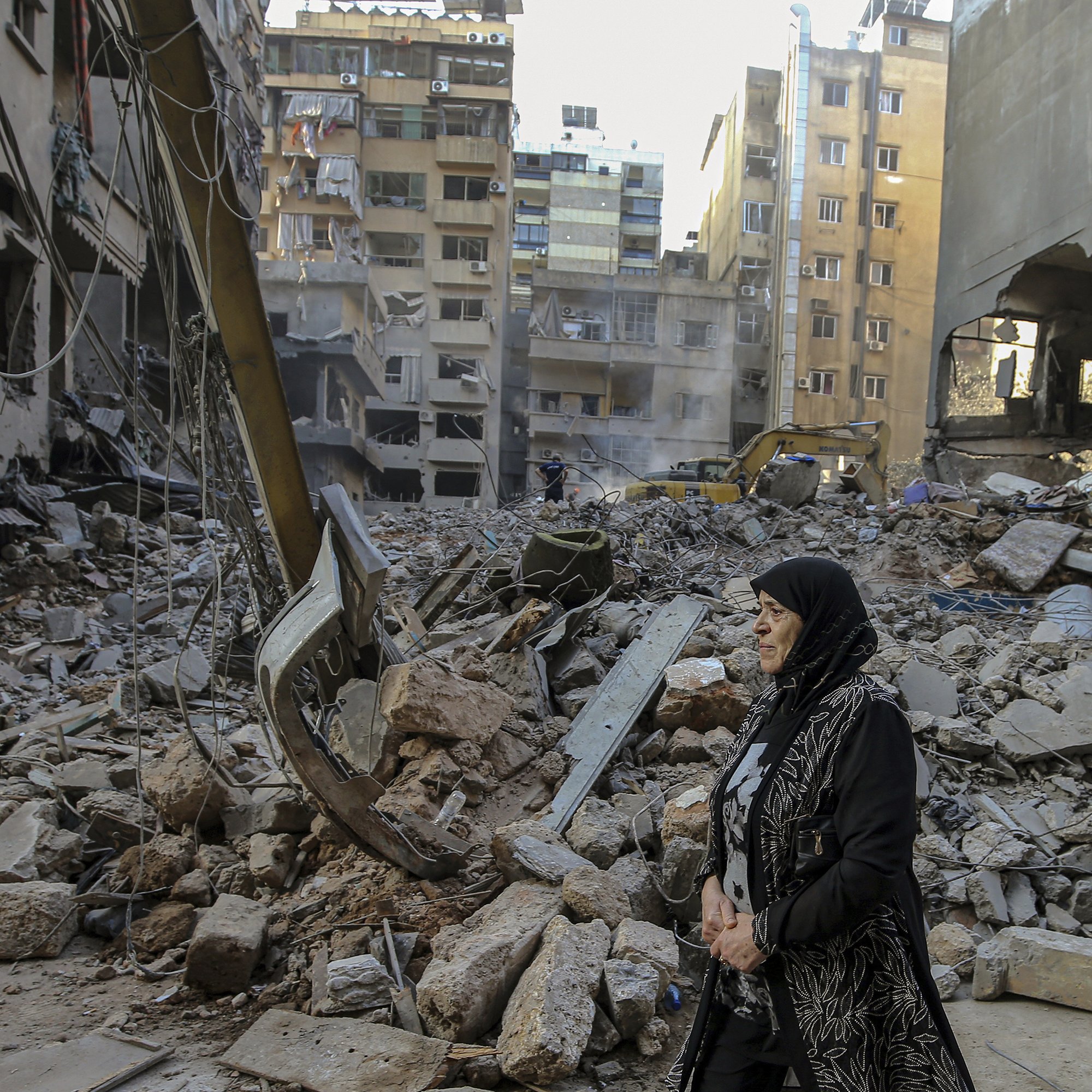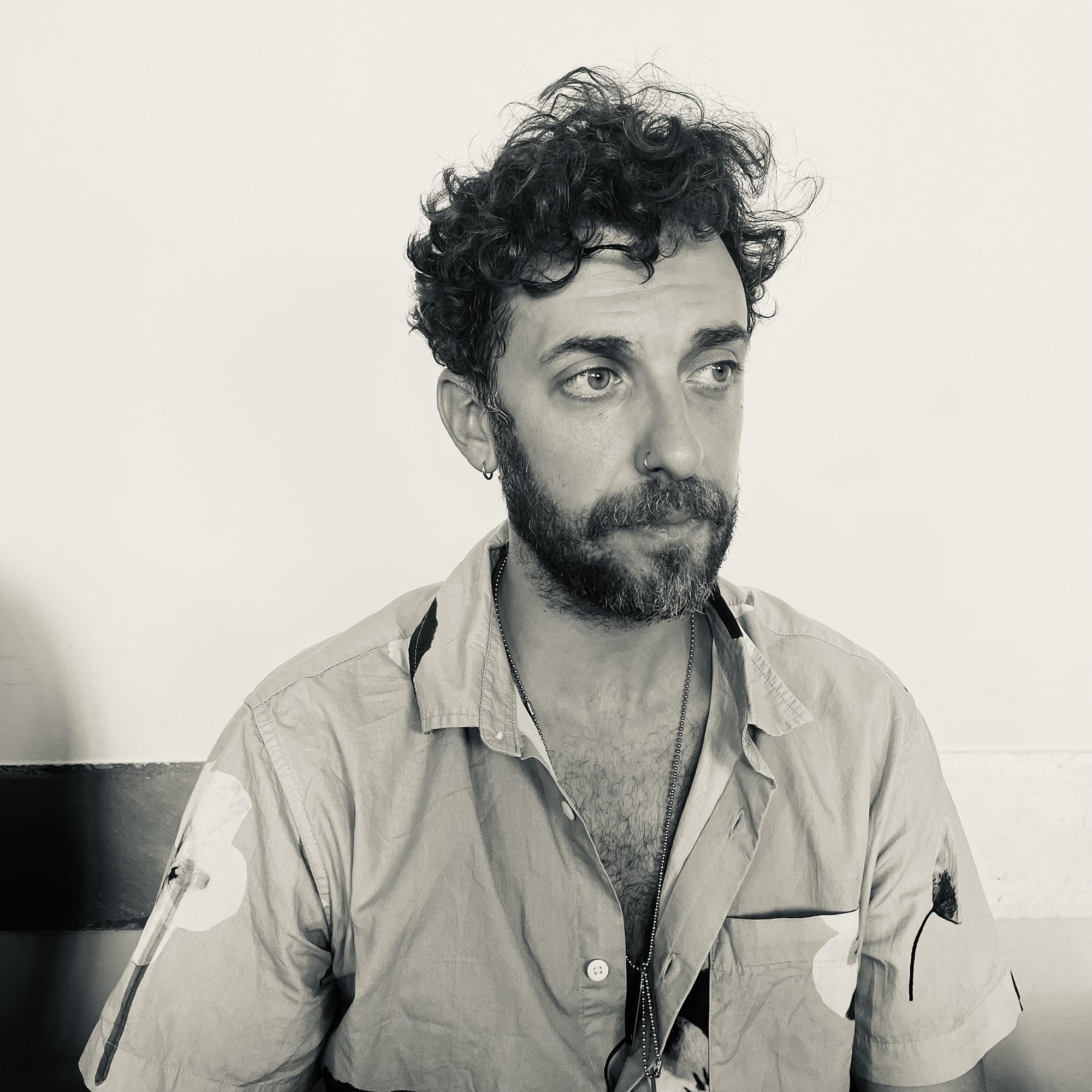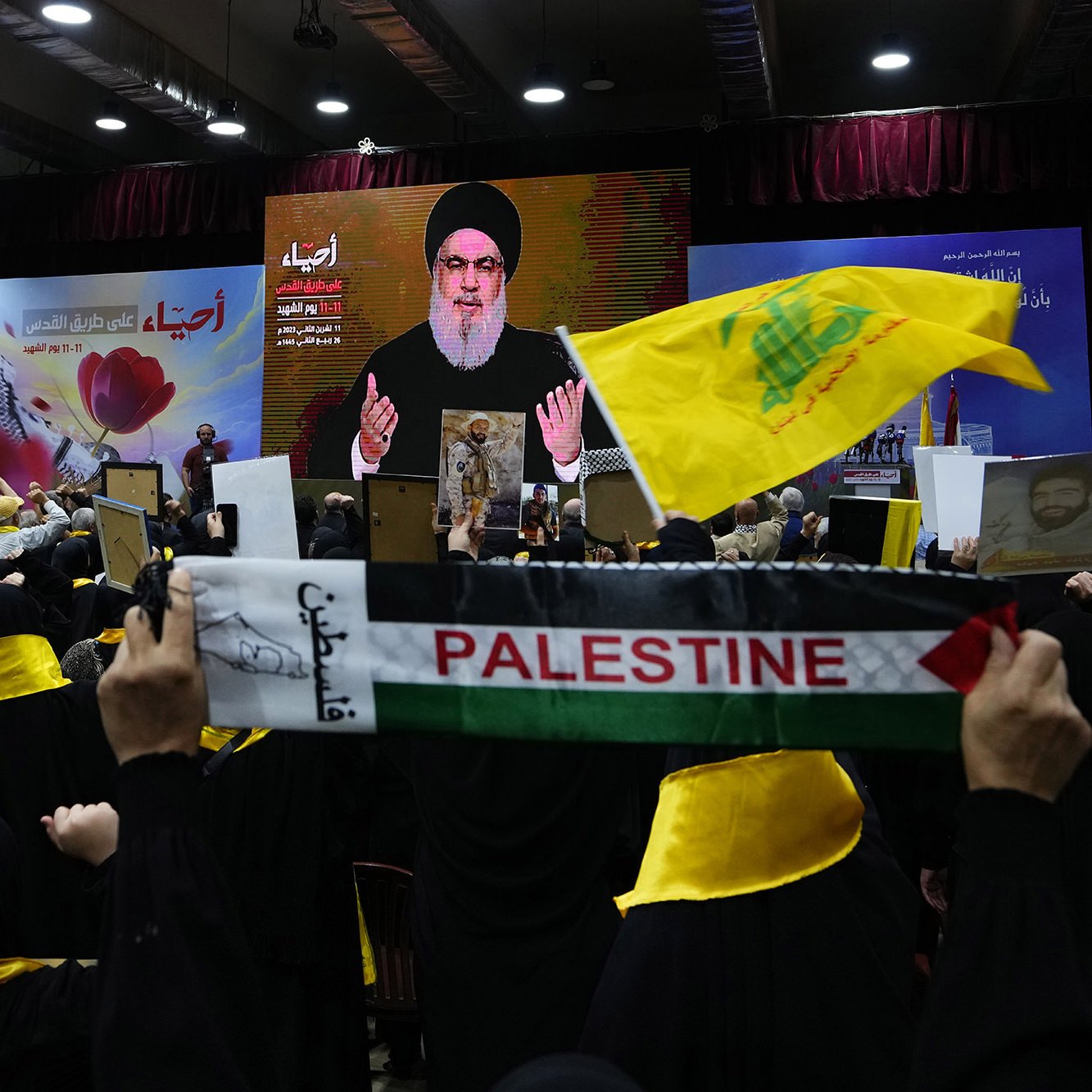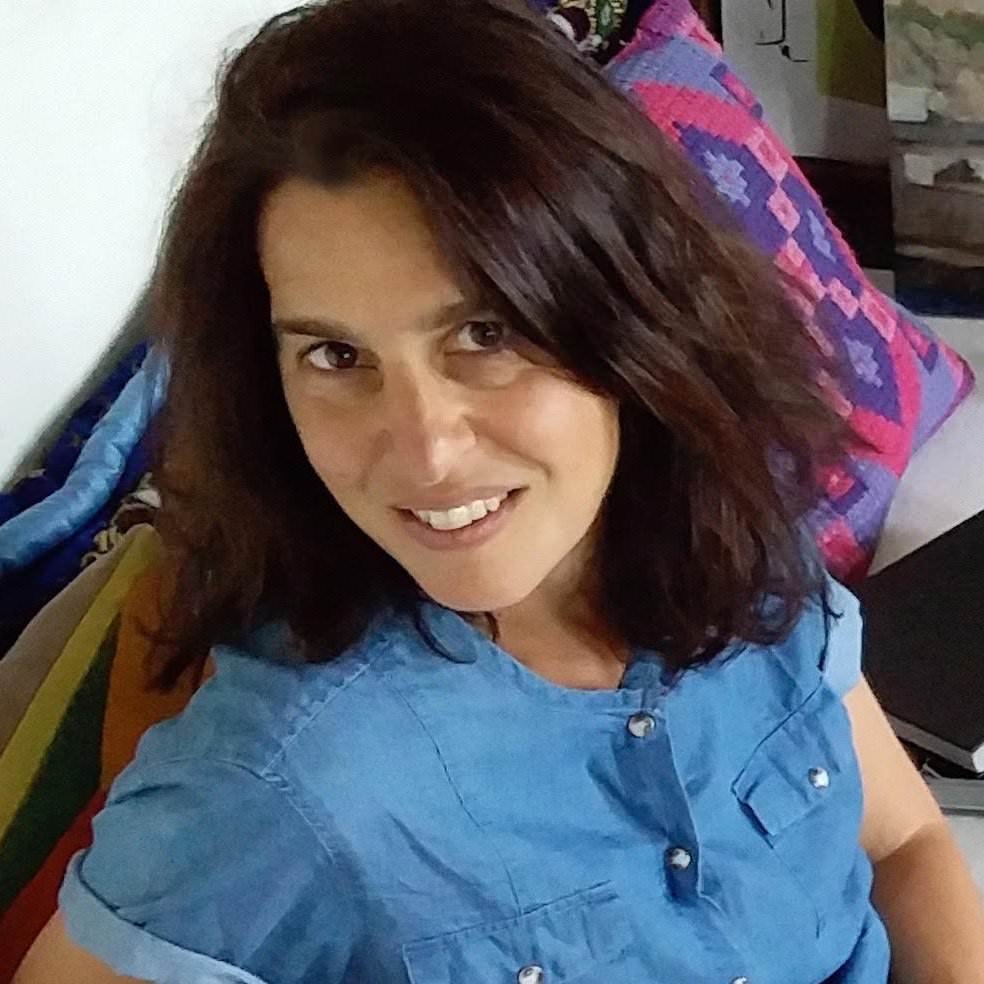Elevating Lebanese Voices
DECEMBER 20, 2023
Photo by Carine Mechref
The Reporter’s Notebook is our monthly interview series with Dial contributors. To receive these conversations directly in your inbox, sign up for our newsletter.
✺
Justin Salhani’s reporting on the reverberations of the Israel-Hamas war in Lebanon was published in State of the World.
THE DIAL: What is the mood in Lebanon now?
JUSTIN SALHANI: Lebanon has legally been at war with Israel since its creation, but there's been what we call a hot war since October 8, when Hezbollah engaged with Northern Israel. Over 100 people have died on the Lebanese side, mostly Hezbollah fighters, and over a dozen civilians, including three journalists. At least one was hit by an Israeli tank shell. Reuters, Human Rights Watch, Amnesty International, AFP, and Reporters Without Borders, have concluded that the journalists were likely targeted. . (11 Israelis, 7 of them soldiers have died in the fighting so far.) But in Beirut, you wouldn't get that sense if you didn't know better. People are still coming for the holidays. This is the dissonance of a country at war.
THE DIAL: Can you tell me a little bit about the role of talking to analysts right now, at this moment of uncertainty? How do you weigh their projections?
JS: On October 7, I talked to more than one analyst who said there was no way Hezbollah would respond. And October 8, Hezbollah responded by attacking Shebaa, an area they view as Lebanese land occupied by Israeli forces. You have to take everything with a grain of salt. We're in a situation that we've not been in before.
There’s pretty wide consensus that due to the economic crisis of 2019 and the fact that the government is operating in a caretaker capacity , Lebanon is not in a position to deal with a war economically or militarily. There are other considerations. As a journalist, I’ve been looking at how local parties are responding. There are a lot of political actors who are frustrated that they're not able to counter Hezbollah's military superiority or hegemony themselves, which feeds into wider problems in the country with the dynamics, particularly with how Hezbollah and the country at large relate to each other and other actors.
THE DIAL: How is your day to day working right now? How do you decide or get assigned stories to report? And what's it like talking to civilians? Is it harder to approach them?
JS: People here have been very open about speaking, whether that's Lebanese citizens, or Palestinian refugees, or domestic workers. Part of that is because the government is so incompetent that they couldn't really do much if they wanted to. Syrian refugees who are in very vulnerable positions are often cautious about speaking because they fear deportation or conscription into the Syrian army.
The Lebanese view of the conflict has been divided. Many are deeply affected by the violence in Gaza. There’s a strong solidarity from some quarters. Many have had experiences with Israeli aggression, be it during the siege of West Beirut or the 15-year occupation of south Lebanon. There's also a non-insignificant group of people in some parts of Lebanon who, because of their positionality and the positionality of Palestinians, and the history of the Civil War, where Palestinian militias and Palestinian political groups took part, have animosity towards the Palestinian cause and Palestinians at large. But even a large part of them would say the violence in Gaza is shocking.
Being in Lebanon changes how I work. Speaking with an Israeli citizen, even a Palestinian with Israeli citizenship, can be viewed by the Lebanese state as treason because of the relationship between Lebanon and Israel. I can include Israeli Government statements, spokesperson statements and things that they put out on social platforms. With Al Jazeera, we have colleagues we can touch base with in Qatar and other places. I’ve focused on getting more local voices involved and looking at the human impacts of war. For me, this has mostly meant, focusing on voices within Lebanon’s borders.
THE DIAL: Can you talk a little bit about what it was like reporting in Palestinian refugee camps in Lebanon and how you approached people to talk about the war in Gaza?
JS: I've been in four different camps. One just north of Tripoli called Beddawi and three in Beirut: the Mar Elias camp, Burj al-Barajneh camp, and Shatila refugee camp. I’ve built up contacts in them over the years. Each camp has a different makeup, sometimes politically, sometimes even religiously. But there's more cohesiveness, at least in the Beirut camps, to an extent, whereas in Ein El Hilweh earlier this year, the biggest camp just south of Sidon, Lebanon, there were fights between different factions. Apart from Ein El Hilweh, most camps are no longer extremely militarized like during the Lebanese civil war. They're used to non-Palestinians being inside the camps because there's so many different aid workers or NGO groups or journalists that have gone in to conduct research, interviews, or distribute aid.
My goal until now has been to touch base with various Palestinian political factions to figure out what sort of things they have going on in Lebanon, what are their goals in Lebanon, what do they want to see happen in Palestine and in Lebanon, as well as figuring out a way to touch base with so many of the refugees here who are one of the most vulnerable and overlooked populations in the country.
THE DIAL: Three Lebanese journalists have been killed so far in the war. And I was just wondering, are you feeling safe? How are you keeping yourself safe?
JS: All three journalists that were killed or wounded were in South Lebanon. I feel safe in Beirut at this moment. Some of the tension that settled after October 7 dissipated when Nasrallah started to speak and indicate that he didn’t intend to expand the theater of operations. Beirut has long been a place that can change at any moment, but over the years here, I've more times felt safe than not safe.
I'm not hopeful that there will be any sort of justice for the three colleagues of mine who were killed in Lebanon. It's more acutely felt now, because things do happen in wars, sure, but the number of people who have been killed in Palestine and Lebanon, and the circumstances in which they've been struck down and had their family members killed, is so high. 64 journalists working in Gaza are confirmed dead, as of December 17. There is a level of frustration among many of those working in the region.
THE DIAL: Since your piece was published, violence between Israel and Hezbollah has increased. Has that changed things at all from the ground?
JS: Attacks from both ends have intensified. More Hezbollah fighters have been killed, a few more civilians have been killed since I wrote my piece. A local mayor was hit in the south. An entire neighborhood in a southern town called Aitaroun was essentially destroyed. There have been a number of threats from Israeli officials talking about hitting Beirut. Netanyahu said, “If Hezbollah chooses to start an all-out war then it will by its own hand turn Beirut and southern Lebanon, not far from here, into Gaza and Khan Younis.” Even though they did fire first on October 8, Hezbollah has made it very clear that while they're willing to escalate, they don't want to be seen as instigators in terms of creating a wider war. There's a tenuous status quo. I think tension had started to dissipate for a while, and a lot of Lebanese expats will be visiting for the holidays, but I don’t think we’re anywhere near in the clear.
✺ Interview conducted by The Dial in conjunction with “State of the World”
JUSTIN SALHANI is a journalist and writer based between Paris and Beirut.
NICOLE DIRKS is a writer, editor, and fact-checker from Toronto. They've served as co-editor-in-chief of The New Journal, an award-winning magazine about Yale and New Haven, and a reporter for the The Toledo Blade. Now in their senior year at Yale, they study English and journalism.





